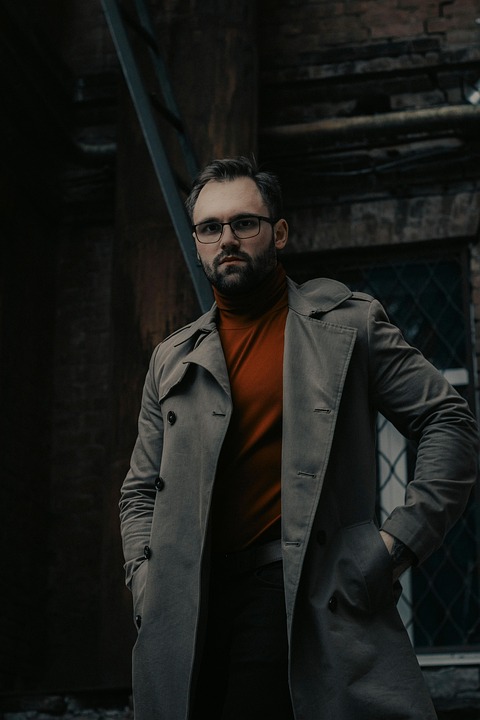The world of detective work is a labyrinth of intrigue, where every conversation can be a treasure trove of information or a maze of deception. For those who aspire to don the metaphorical deerstalker, mastering the art of interviewing is paramount. Here, we delve into the nuanced techniques that can elevate a novice investigator into a seasoned pro.
1. The Art of Rapport Building
Creating a connection with your interviewee is not merely a nicety; it’s a strategic necessity. The initial moments of an interview can set the tone for the entire interaction. A friendly smile, coupled with an open body posture, invites individuals to lower their guard. Consider the following methods:
- Active Listening: Nod and maintain eye contact to show genuine interest.
- Mirroring: Subtly mimic the interviewee’s body language to foster a sense of familiarity.
Employing these tactics can transform a tense situation into a more collaborative dialogue.
2. Crafting the Perfect Questions
Questions are the tools of the trade, and the way you wield them can make all the difference. Open-ended questions often yield richer, more detailed responses, while closed questions can help clarify specifics. Here’s how to balance the two:
- Open-Ended Questions: "Can you describe what happened that night?"
- Closed Questions: "Did you see anyone else at the scene?"
A strategic mix invites expansive storytelling while also allowing you to pinpoint key facts.
3. Reading Between the Lines
Detectives are not just listeners; they are keen observers. Body language speaks volumes, and often, it’s what’s unsaid that reveals the most. Pay attention to:
- Micro-expressions: Fleeting facial expressions can indicate true emotions.
- Posture and Gestures: Defensive stances or fidgeting might suggest discomfort or deceit.
By honing your observational skills, you can glean insights that words alone might obscure.
4. The Power of Silence
Silence can be a potent tool in an investigator’s arsenal. After posing a question, allowing for silence can compel your interviewee to fill the void, often leading to unexpected revelations. This technique can be particularly effective in high-stakes interviews where the pressure of silence can elicit honesty.
5. Handling Obstruction and Evasion
Not every interview will go smoothly. Some individuals may be evasive or even combative. Here’s how to navigate those choppy waters:
- Stay Calm: Your composure can diffuse tension.
- Rephrase and Redirect: If an answer seems to skirt the issue, try rephrasing the question to focus on a different angle.
These strategies can help you maintain control of the conversation, steering it back on course.
6. Ethical Considerations
As aspiring investigators, it is crucial to remember the ethical implications of your methods. Coercion or manipulation can lead not only to false confessions but also to serious legal ramifications. Always strive for integrity, ensuring that your techniques respect the rights and dignity of the interviewee.
The Journey Ahead
Mastering detective interview techniques is a continuous journey, rich with challenges and rewards. Each interaction offers a lesson, each case an opportunity to refine your skills. As you venture into this intriguing world, remember that your ability to connect, observe, and question will shape your success as an investigator.
For those seeking further guidance, CVPortal continues to provide an array of high-quality CV references, equipping you with the tools necessary to present your skills and aspirations compellingly. Embrace the journey, and may your path be ever illuminated by the light of inquiry.


